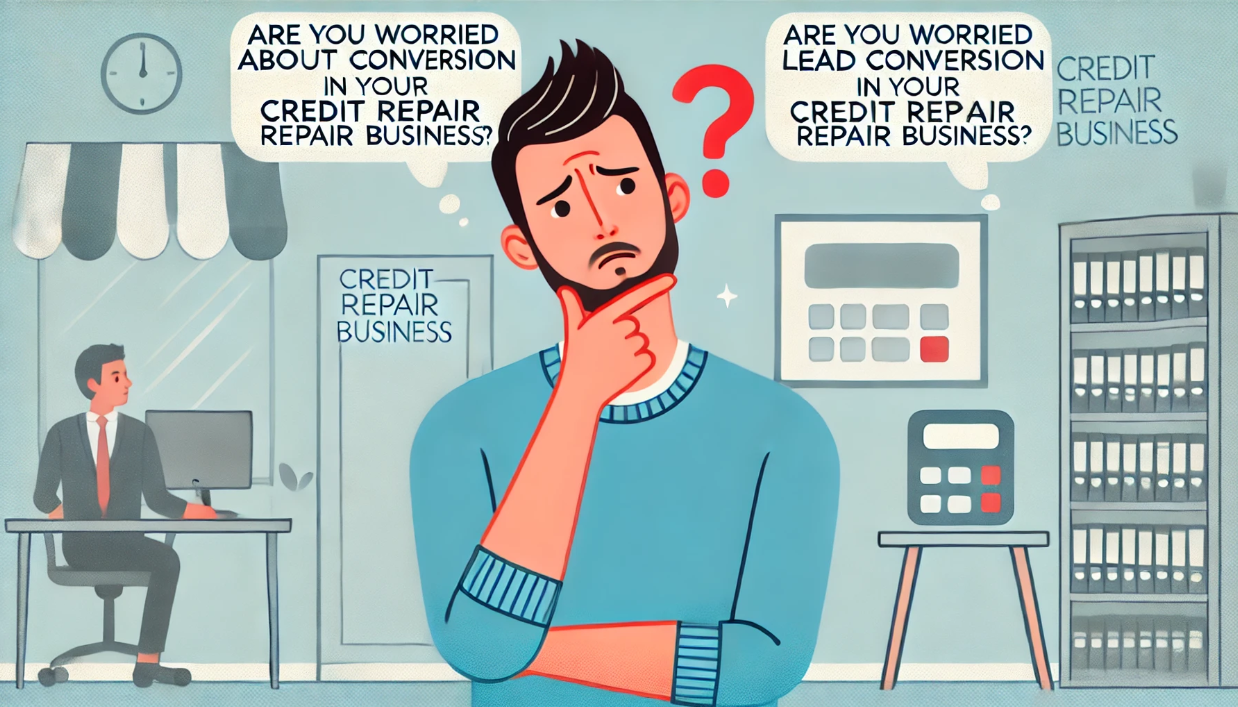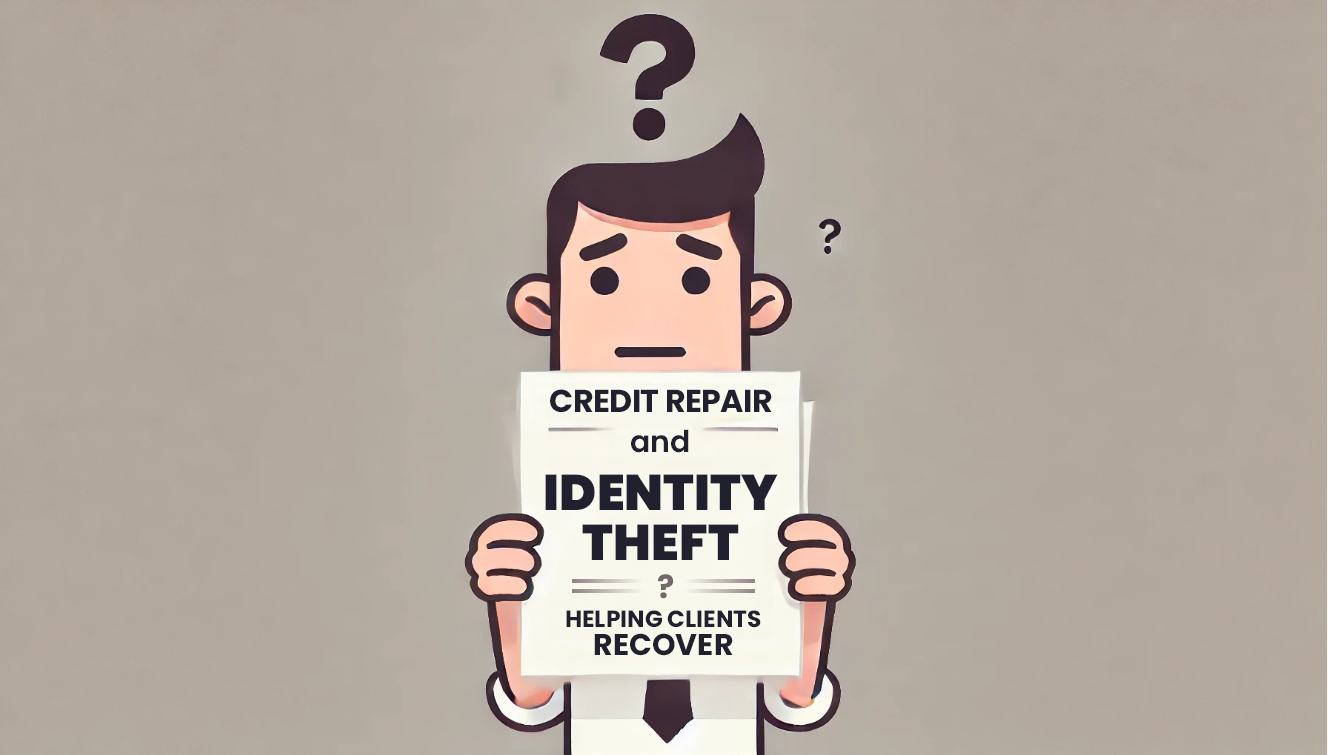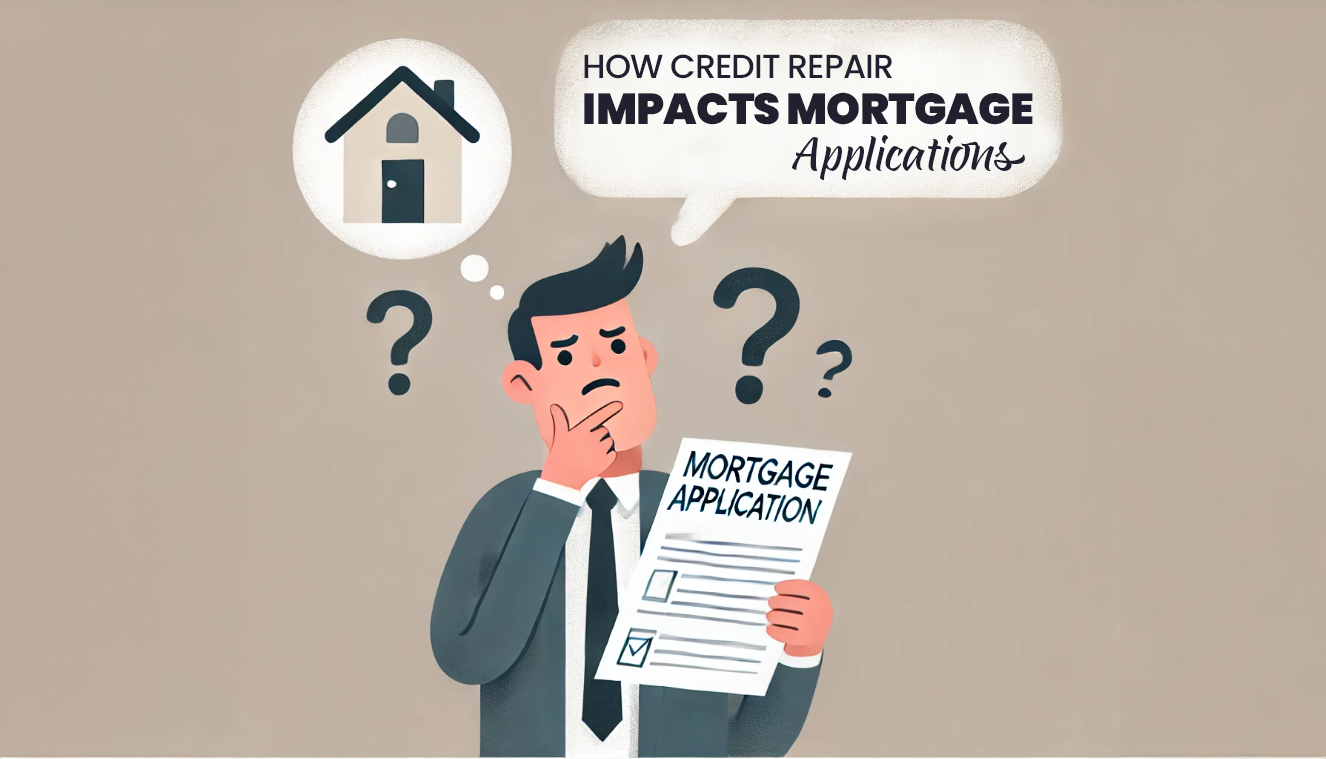Credit Report Double Jeopardy And How To Fix It
Resolving Credit Report Double Jeopardy: Understanding Your Rights
Not paying a debt can severely damage your credit, but what happens when a single debt multiplies into even more negative items on your credit reports? Michael Bovee, the founder of the Consumer Recovery Network, explains the way a credit report double jeopardy works: “You fall behind on an account and your creditor charges off your account. Your credit report lists a charge off, which is very negative. Then the creditor sells the debt to a collection agency who also reports it as a collection account. Now you have two negative accounts on your credit reports.”
Bovee further relates that even though it is the second strike against you, it’s not illegal. “But if the original creditor sold the debt to a collection agency, then it should not continue to report a balance owed. That’s double the damage and is not permitted,” he says.
If you’ve been a victim of credit report double jeopardy, Gerri Detweiler from credit.com proposes the following advice from four consumer law attorneys with expertise in credit reporting and debt collection:
- Request validation of the debts: Send validation letters to each one of the debt collectors on the credit report asking them to identify the original creditor, the current owner of the account, the current balance and the date of last payment. Under the Fair Debt Collection Practices Act, debt collectors must send the consumer a written notice of the debt within 5 days of initial contact with you. Then, the consumer has 30 days to request verification fo the debt. The collection agency should provide enough information to establish that the debt is legitimate and accurate.
- Dispute collection accounts that don’t appear accurate: Send the dispute letters to any of the debt collectors who have responded with information that doesn’t appear accurate or is unfamiliar. This dispute then requires a debt collector to list the account as disputed on the credit report, a notation that reduces the harmful effect of the trade-line on the consumer’s credit score. If the debt collector fails to mark the account as disputed, the consumer has a cause of action under the Fair Debt Collection Practices Act.
- Go to the source: If the previous steps don’t help the consumer figure out which collection agencies he should pay, the consumer can talk to a consumer law attorney for help. Another option is to file a complaint with the Better Business Bureau and/or state attorney general’s office consumer protection division.
Your credit report
Robert Brennan, a Southern California consumer law attorney, says that “if the same account is reported multiple times, that’s a (Fair Credit Reporting Act) FCRA violation.”
You can dispute the inaccurate collection accounts with the credit reporting agencies. After that, the clock is on for the 30 days the credit reporting agencies have to investigate and respond to a dispute under the FCRA. Another recommendation is to send the dispute letters via confirmed delivery to the credit reporting agencies.
Conclusion:
To effectively address credit report double jeopardy, it’s crucial to understand your rights and take proactive steps. This includes validating debts, disputing inaccuracies, consulting legal experts, and utilizing consumer protection laws. By being informed and assertive, you can protect your credit score and ensure fair and accurate credit reporting, safeguarding your financial future.
If the issue still persists, consult a consumer law attorney and monitor your credit reports carefully.





